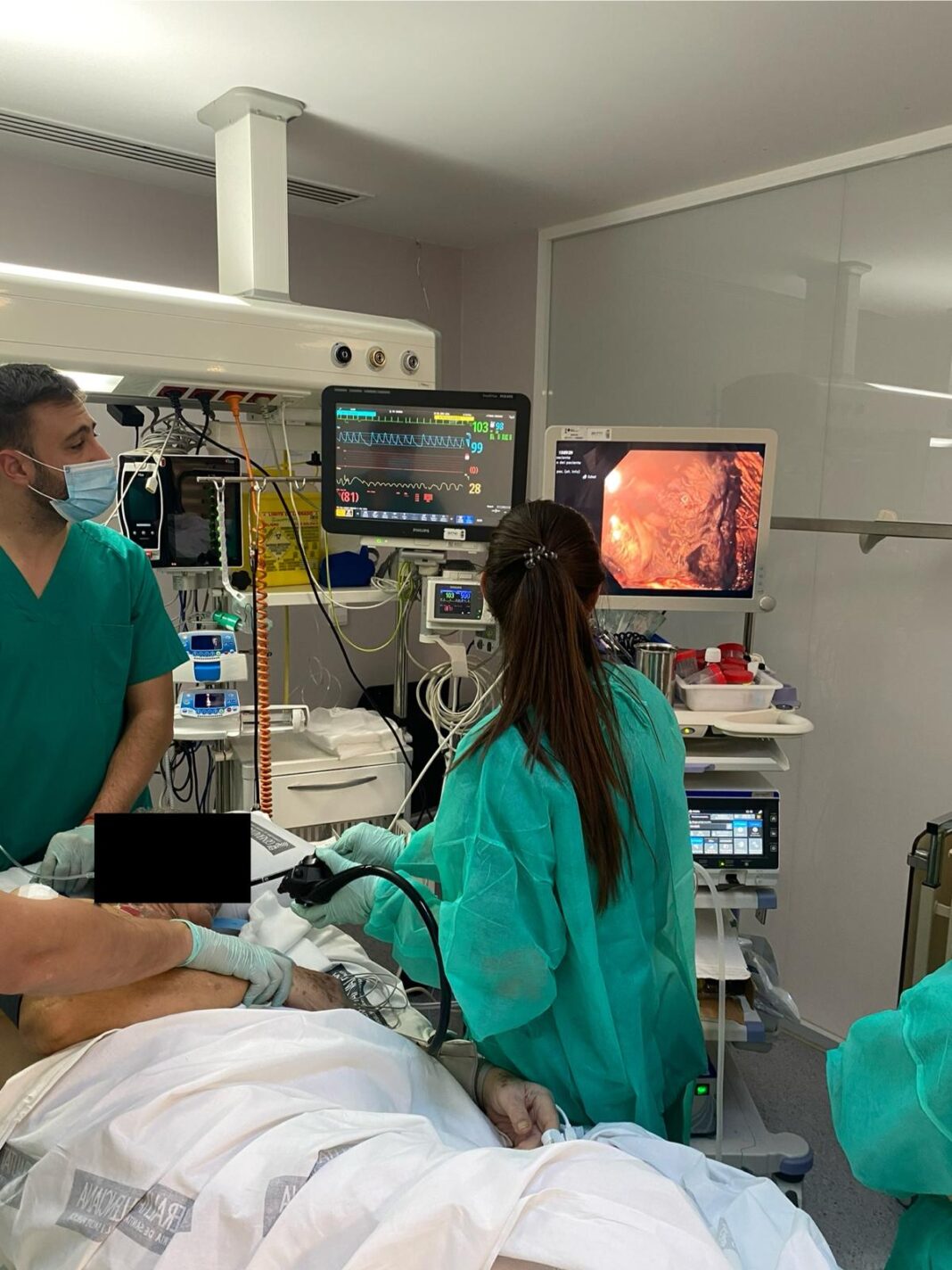The Intensive Surgical Monitoring Unit of the Anaesthesiology Service of the General University Hospital of Elche, previously known as “Reanimation”, has become a reference unit in terms of quality and management for other national hospitals.
In 2018, the unit obtained quality certification through the ISO 9001/2015 standard, an accreditation that has been revalidated twice after passing the corresponding control audits. The hospital was the first public hospital in the Valencian Community to obtain it.
To do this, the unit’s professionals developed a detailed quality management system in which the entire care of the critical surgical patient was documented. A system that, thanks to the good results obtained, has become the model to be followed by other national hospitals through a project of the Spanish Society of Anaesthesiology, Reanimation and Pain Therapy (SEDAR).
Thus, since the launch of the project, there are already 20 Spanish hospitals that have obtained ISO certification thanks to the model. Among these are Hospital del Mar or Vall d’Hebron in Barcelona, Puerta de Hierro in Madrid, and Cruces in Bilbao.
In this sense, Dr. Ana Pérez, head of the Anaesthesiology service at the General University Hospital of Elx and head of the Surgical ICU, explains that “the aim of the project is to help through the work that our ICU Chirúrgica had already performed in other national units, extrapolating our care protocols and making it easier for those units to be certified as well”.
“But, in addition, this project presents other benefits such as the creation of its own national registration system in which the units record their activity, so in the future we will be able to share results, make comparisons and detect points of it improves”, continues the specialist.
Obtaining ISO certification guarantees an effective management system for the quality of the health services of the unit, according to a series of regulatory criteria that must be subsequently evaluated by an accredited external company independent of the hospital that verifies compliance with the points included in the normative reference of quality.
Having the ISO certification means having made a prior analysis of the needs and expectations of both patients and their families as well as professionals, also analysing the context of the organisation, taking into account its weaknesses and strengths.
It also means raising, planning and developing a series of objectives to achieve the goal set by the service, always focused on the patient, and implementing a series of indicators that are capable of monitoring the evolution of these objectives.
“The implementation of this system makes it possible to guarantee quality assistance by minimising variability and define indicators, identify process control points, develop periodic maintenance plans that result in more staff involvement and a more agile service always oriented to patient satisfaction”, maintains Dr. Ana Pérez.
In 2023, a total of 540 patients were treated in this unit, of which 140 were urgent. In the same period, more than 2,500 stays were registered, and the average stay was 3.6 days.





